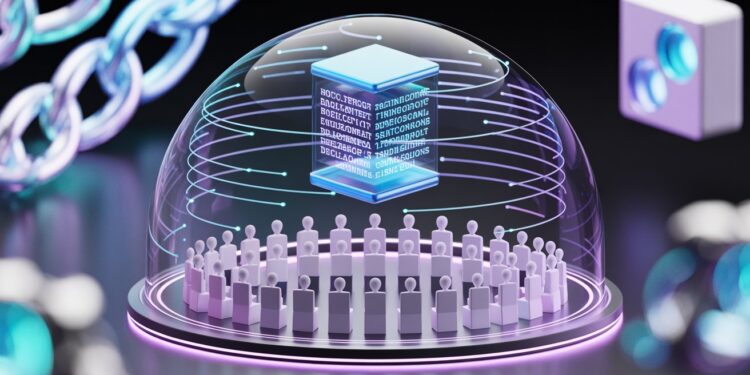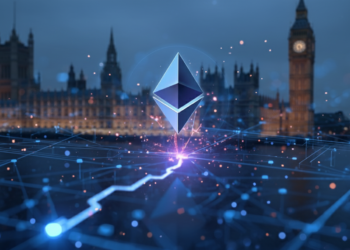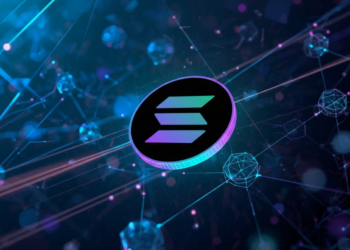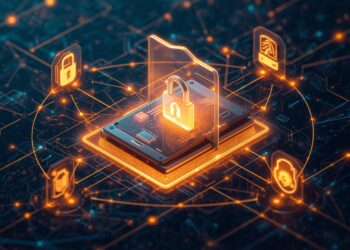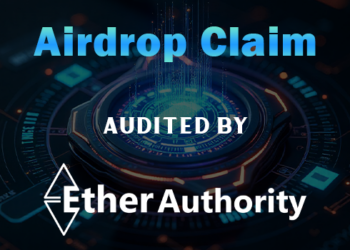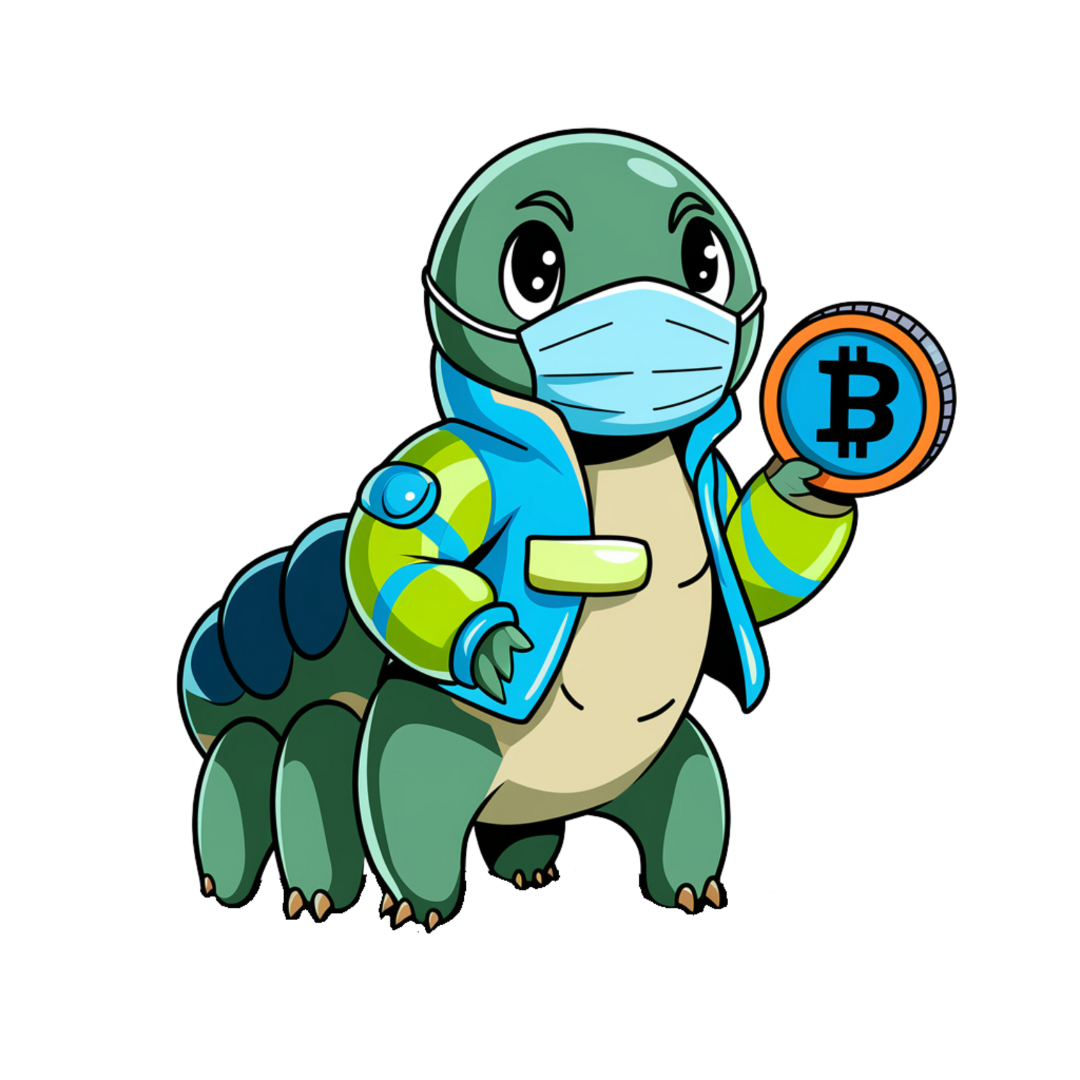Introduction
Decentralized digital governance is changing how organizations run in the world of blockchain. These new structures are built on trust, transparency, and community input. Imagine groups making decisions together without a boss — that’s what DAOs aim to do. They could reshape everything from finance to art, making control more open and accessible. In this article, you’ll learn what a DAO is, how it works, its advantages and risks, plus real-world examples. This can help you spot the future of online communities and organizations.
What Is a Decentralized Autonomous Organization (DAO)?
A DAO, short for Decentralized Autonomous Organization, is a group run by rules written as computer code. It operates on blockchain, a digital ledger that records every action. What makes a DAO different? It has no single leader. Instead, members vote on decisions using digital tokens. This keeps everything transparent and community-driven. DAOs use automation to make their rules happen—no need for a middleman or boss. Think of a DAO as a club run by shared rules that everyone agrees on and enforces themselves.
The Architecture of a DAO
Blockchain Technology and Smart Contracts
Blockchain acts as the backbone of a DAO. It keeps all data safe and unchangeable, building trust. Every action or decision gets recorded on the blockchain for everyone to check.
Smart contracts are the rules that run the DAO automatically. They decide how funds are spent, proposals are made, and votes are counted. When conditions are met, the contract executes without human help.
Governance Tokens and Voting Mechanisms
Tokens are like digital shares in the DAO. Members hold these tokens and use them to vote on proposals. The more tokens someone owns, the bigger their influence. Voting can be on anything from project ideas to budget decisions. This system allows community members to take part actively and fairly, making the process transparent and democratic.
Infrastructure and Tools
Tools like Aragon and DAOstack help create and manage DAOs easily. They offer dashboards for proposals, voting, and member management. Digital wallets store governance tokens and help members participate securely. These platforms make it simple to start and run a DAO with minimal technical hassle.
Benefits of DAOs for Organizations and Communities
Transparency and Security
Every action on a blockchain is visible to everyone, making misconduct hard. This open ledger builds trust among members. Many hacks happen due to secrecy or mismanagement, but DAOs reduce these risks by showing all transactions publicly.
Democratic Decision-Making
Instead of one boss making calls, members share control. Everyone can submit ideas and vote, giving all a voice. For example, some DAOs decide on investments by majority vote, allowing community wisdom to guide the group.
Cost Efficiency and Automation
DAOs cut costs by automating routine tasks. Payment processes, voting, and rule enforcement happen automatically by smart contracts. This removes middlemen and reduces overhead. Several projects have saved time and money by using these digital tools.
Global Accessibility
Anyone, anywhere, with an internet connection can join a DAO. It removes borders, making participation inclusive. This international approach fosters diverse opinions and ideas, enriching decision-making.
Challenges and Limitations of DAOs
Legal and Regulatory Uncertainty
Laws around DAOs are still unclear in many countries. Some view them as legal entities, others don’t. This gray area can lead to issues with taxes, liability, or contract enforcement, which might slow adoption.
Security Risks and Exploits
Hackers target smart contracts, as seen in the 2016 DAO hack that drained millions worth of ether. Even small bugs can lead to big losses. To stay safe, developers must carefully audit their code and follow security best practices.
Governance and Decision-Making Challenges
Low voter turnout could hurt the effectiveness of DAO decisions. Some members might hold more tokens, leading to centralization. To avoid this, many DAOs try to reward participation or limit voting power based on activity.
Scalability and Technical Limitations
Current blockchain networks can slow down or get congested during high traffic. These issues can delay proposals or voting. Upgrades and cross-chain solutions aim to improve performance and scalability.
Real-World Examples of Successful DAOs
DAO of Uniswap
Uniswap, a popular decentralized exchange, has a DAO where token holders vote on upgrades, fee structures, and new features. The community actively shapes its future through proposals and votes, making it a top example of community-led governance in crypto.
ConstitutionDAO
This group aimed to raise funds to buy a rare copy of the U.S. Constitution. Thousands contributed small amounts, showing how collective effort can challenge traditional ownership models. While they didn’t win the auction, the project proved the power of community-driven projects.
MakerDAO
MakerDAO manages the DAI stablecoin, keeping its value stable through decentralized governance. Token holders vote on risk policies and monetary adjustments. This community control keeps the system resilient and decentralized.
The Future of DAOs in the Digital Economy
New trends like cross-chain DAOs offer broader reach across different blockchains. Some are even working with traditional organizations, blending old and new systems. Regulations are slowly catching up, which could bring clearer laws and protections. Industry experts see DAOs growing in areas like finance, arts, and social causes, becoming key players in the digital economy.
Actionable Tips for Engaging with DAOs
- Research thoroughly: Check the credibility and security of a DAO before joining. Look at past proposals, community activity, and code audits.
- Vote actively: Participate in votes and submit proposals when you have ideas. Your voice can influence the group’s direction.
- Create your own DAO: Use platforms like Aragon or DAOstack. Define your rules, add your community, and start collaborating transparently and securely.
Conclusion
DAOs unlock a new way to organize and run communities online. They offer transparency, full participation, and efficiency through automation. While challenges like legal issues and security risks remain, the potential is tremendous. As more people explore and adopt these models, the future of governance looks more inclusive and open. Now’s the time to learn more about DAOs and see how you can become part of this exciting movement.
Join Us : Twitter | Website | GitHub | Telegram | Facebook | YouTube



